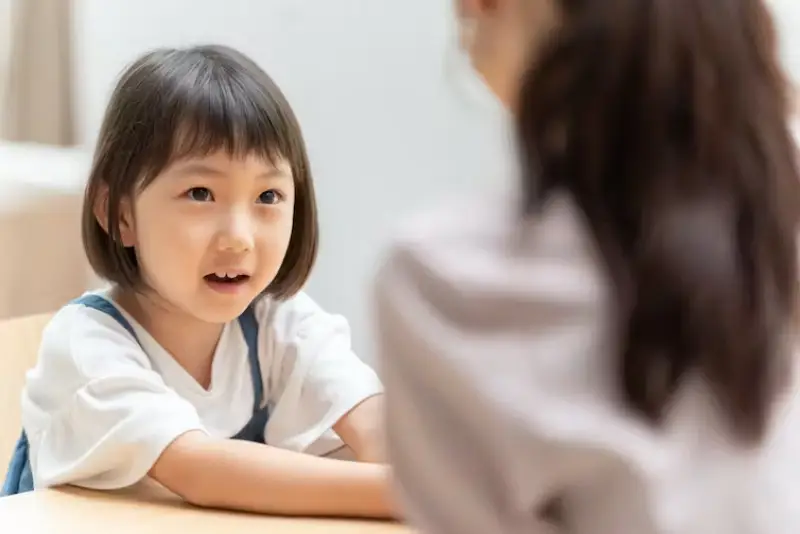
A recent research paper has found that verbal abuse of children, including shouting at them and calling them names, is linked to low mood, drug abuse and delinquency (antisocial behaviour).
The authors of the new study argue that because verbal abuse is considered as a part of emotional abuse (a category which includes many different types of harmful behaviour towards children, such as manipulating them, humiliating them and giving them the silent treatment) it is overlooked and a “hidden problem”. They state that childhood verbal abuse should be recognised as its own category of child maltreatment.
While there are limitations to the research study, it’s well designed and important, especially in helping to define this type of emotional abuse.
Also read: Men Get Postnatal Depression Too and They Need Help
Understanding Maltreatment
Children who are maltreated – who suffer abuse and neglect – are more likely to encounter issues such as poor mental health later in life. One study has suggested that a global reduction of maltreatment by 25 percent could prevent 80 million cases of anxiety and depression worldwide.
Governments have tried to reduce maltreatment by making certain types of harsh parenting practices illegal. For instance, smacking is banned in Scotland and Wales. However, smacking is a fairly easily defined behaviour. It’s less easy to tackle the behaviour that makes up emotional abuse.
But when we ask adults whether they experienced abuse or neglect while growing up, more than a third will say that they experienced emotional abuse. This makes it the most common type of abuse reported by adults.
The study authors argue that by defining the behaviour from adults that counts as childhood verbal abuse, this behaviour can be changed – for instance through parent training programs.
Defining the Problem
The research study is a systematic review – a scholarly study which gathers together and summarises the results of existing research findings on a particular subject.
Individual research studies can arrive at different conclusions. This can be confusing, especially when there are hundreds of studies in a field of research. A systematic review helps to make sense of all the available evidence and find patterns.

The authors included 149 quantitative and six qualitative studies on the topic, and found they used 21 different terms to define child verbal abuse. The most common behaviour included yelling and screaming. Threatening words, name calling and criticising were other common behaviour. Hardly any studies included behaviour where adults did not raise their voice.
Also read: What We Don’t Talk About When We Talk About Mental Illness
The authors also identified the most common standardised questionnaires used by researchers to measure verbal abuse. Standardised measures have the advantage of having been tried and tested as reliable measures – for instance, on whether people will respond in a similar way when given the same questionnaire twice within a couple of weeks.
One problem the researchers identified was that half of the studies they surveyed used a non-standardised questionnaire, where it wasn’t clear how good the measure was.
As results from research studies can be affected by other factors such as genetic risk or other types of abuse, it is important that multiple studies come to the same conclusion if scientists are to make recommendations.
In this research study, for the age group including children and younger teenagers, only four studies linked verbal abuse to delinquent behaviour. Across all age groups, eight studies reported a link between verbal abuse and depression. It is therefore important that more research is carried out to back up these findings.
Another problem is that most studies were cross-sectional instead of longitudinal. Cross-sectional studies only assess people at one point in time. From these studies, we cannot really tell what came first – the verbal abuse or the mental health problems. It could be that parents did not know how to deal with, for instance, delinquent behaviour, and used harsh parenting techniques as a result.
My own research together with Dr Valerie Brandt examined the relationship between maltreatment of children and symptoms of inattention and hyperactivity. We found that it works in two directions. Maltreatment increased these symptoms, but these symptoms also made it more likely that the child would experience future maltreatment.
Overall, though, this well-designed systematic review is an important step towards a unified definition of child verbal abuse. Understanding what the problem is will help prevent harmful parenting in the future.
Dennis Golm, Lecturer in Psychology, University of Southampton.
This article was first published on The Conversation, a global media resource that provides cutting edge ideas and people who know what they are talking about.






















